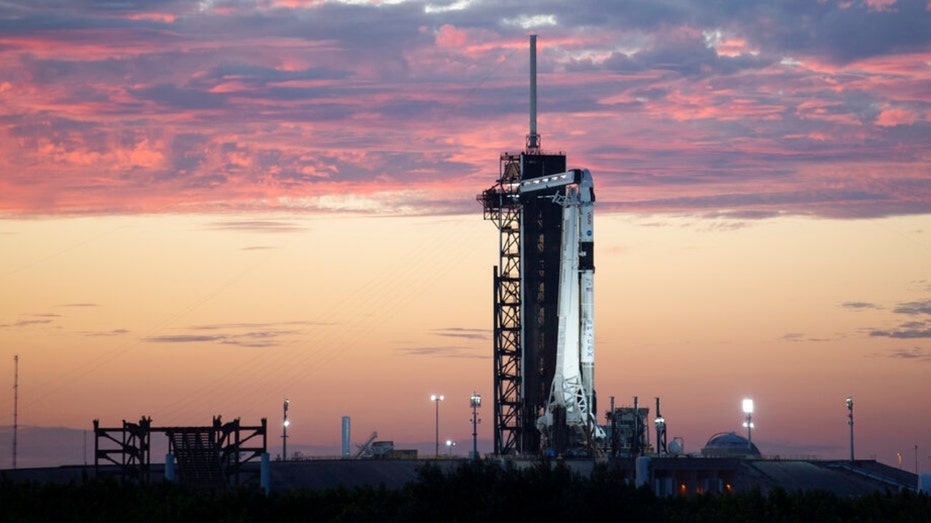SpaceX wins approval from FCC to deploy 7,500 Starlink satellites
SpaceX also wants approval for 30,000 satellites in its Starlink program
NASA, SpaceX send astronauts off to International Space Station
Former Astronaut Leroy Chiao discusses future American space endeavors, the NASA-SpaceX partnership, commercial space operations and past experiences, on 'Cavuto: Coast to Coast.'
The United States Federal Communications Commission approved a pitch from SpaceX to launch approximately 7,500 satellites into Earth's orbit.
The Elon Musk-founded SpaceX Starlink program is a network of more than 3,500 satellites rotating in Earth's low orbit that thousands of users pay for every month. Initially, the FCC gave Starlink the green light to launch its first 4,400 satellites back in 2018, according to Reuters.
Currently, SpaceX is pushing for approval on nearly 30,000 satellites for a program known as Gen2 Starlink that will connect users in parts of the world that have no internet access. The company has also expanded its services for residential and small business customers.
"Our action will allow SpaceX to begin deployment of Gen2 Starlink, which will bring next-generation satellite broadband to Americans nationwide," the FCC said in a statement on Thursday.
ELON MUSK CHANGES TUNE, SAYS SPACEX WILL ‘KEEP FUNDING UKRAINE’ AFTER ASKING FOR GOVERNMENT SUPPORT

The FCC approved a proposal from SpaceX to launch 7,500 satellites into Earth's orbit for the company's Starlink program. (Photo Credit: NASA/Joel Kowsky / AP Newsroom)
The agency noted that the decision "will enable worldwide satellite broadband service, helping to close the digital divide on a global scale."
Previously, the FCC had denied SpaceX more than $855 million in rural broadband subsidies, because the programs have become progressively slower in the past year, and prices were too high for customers, according to the agency's chairwoman, Jessica Rosenworcel. The company challenged the subsidiary cut in September.
SPACEX FINED MORE THAN $18K AFTER WORKPLACE ACCIDENT LEFT ENGINEER IN A COMA: REPORT
"At the same time, this limited grant and associated conditions will protect other satellite and terrestrial operators from harmful interference and maintain a safe space environment, promoting competition and protecting spectrum and orbital resources for future use," the FCC added.
CLICK HERE TO READ MORE ON FOX BUSINESS




















